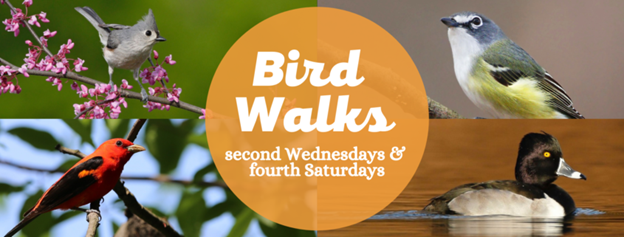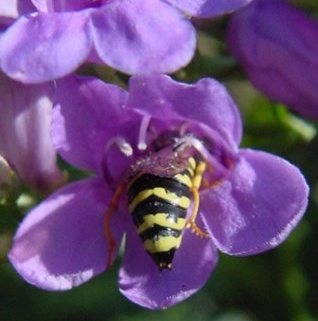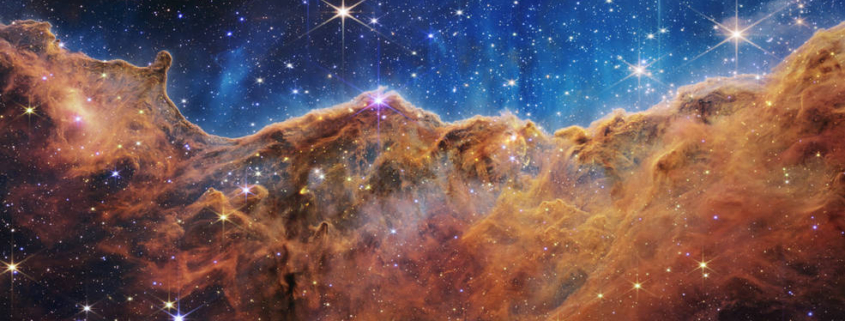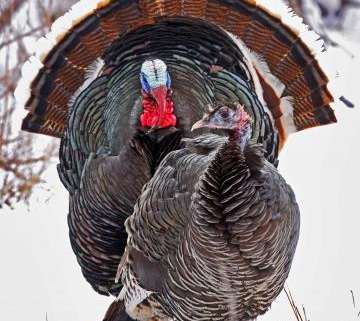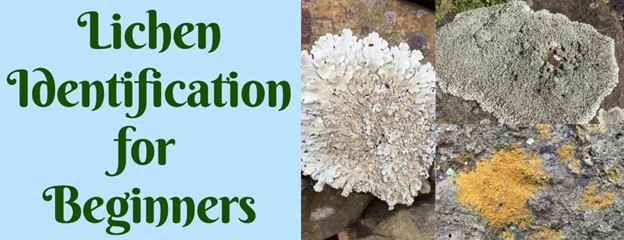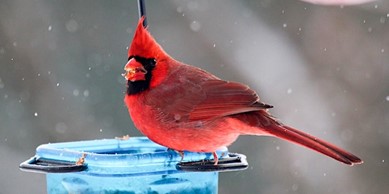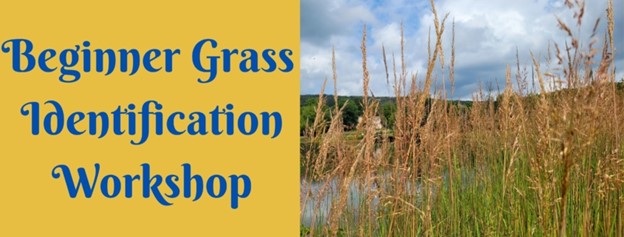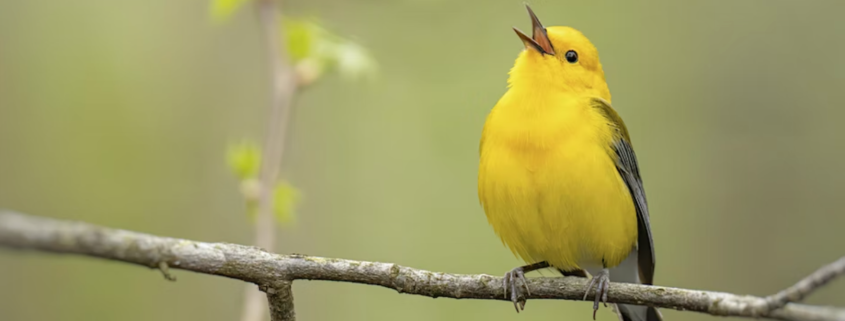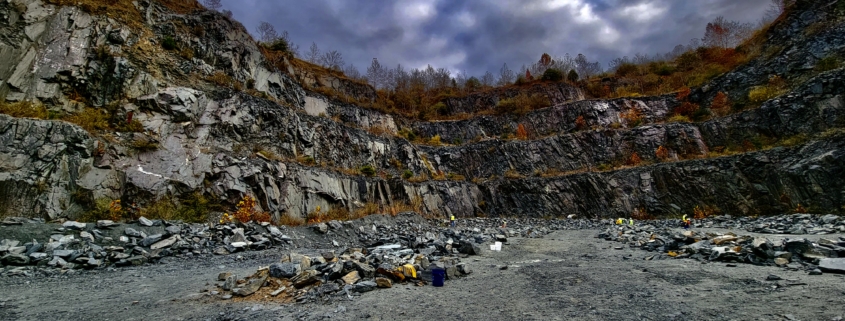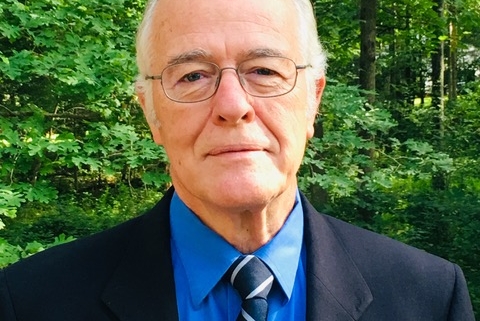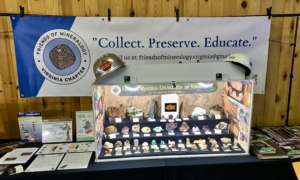
FMVA roadshow booth display; photo Jerry Nissley
As previously announced, FMN recently established a partnership with Friends of Mineralogy Virginia (FMVA). During the summer of 2022 FMN Katy Johnson completed their Rock Hound 101 course and subsequently initiated an introduction of FMVA to FMN. FMN president, Marilyn Parks, then solidified an understanding with FMVA, which resulted in our educational and service partnership. In October 2022, FMN Jessi Tong and I also completed their Rock Hound 101 course.
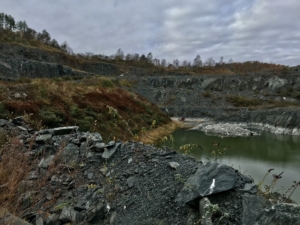
Mt. Athos Quarry; photo Jerry Nissley
The objective of FMVA is to promote and expand the study of mineralogy and the hobby of mineral collecting. Their mission is to promote and preserve Virginia mineral and mining heritage while expanding the knowledge of minerals more broadly through community programs and industry partnerships. FMN and FMVA share many mission values so the partnership is a natural opportunity to exchange service hours and continuing educational programs. To that end, FMN approved FMVA as a CE partner; and service hours obtained while working collaborative projects with FMVA may be entered using Community Outreach – E543: Educational and Outreach – – FMN.
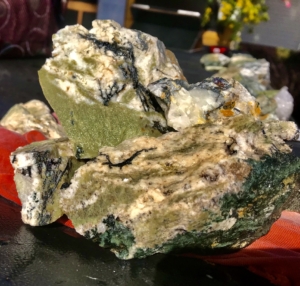
Epidote, quartz, ilmenite, actinolite, magnetite collected from Mt. Athos; photo Jerry Nissley
The 101 course consists of five online learning sessions and two field trips to big holes in the ground – also known as quarries. The field trips for this cohort were to the Dale quarry in Chesterfield county, Virginia and to Mt. Athos quarry in Lynchburg, Virginia. The course curriculum consists, in part, of an introduction to basic Geology and in-depth discussions on geological characteristics specific to Virginia formations. Once the basics of Virginia geology are covered the students learn basic skills required to Rock Hound. This includes how and where to hunt for rocks and minerals, an introduction to a vast library of online resource material/databases, and an overview of some basic rock hound tools. Must haves and nice-to-haves.
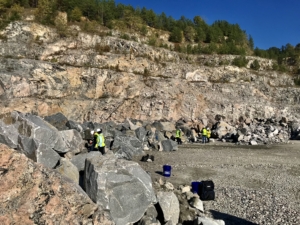
Rock Hounds in action at Dale Quarry, Chesterfield, Va; photo Jerry Nissley
The field trips provide students active experience using tried and true field techniques on how to safely discover rocks and minerals and how to extract what is found. Safety is stressed at every turn. Rock hounds are given pre-trip safety instructions and inspections by the instructor and each quarry is required to provide a mandatory safety session to go over active ‘day-of’ quarry operations and instructions.
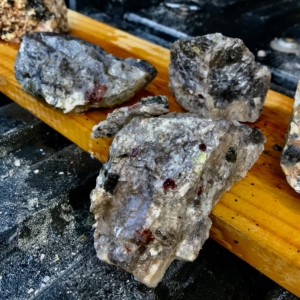
Smokey Quartz with garnets and beryl collected from Dale Quarry; photo Jerry Nissley
Rock hounding in quarries with an experienced instructor provides a controlled learning environment that facilitates the educational value of the day. In addition, fresh samples are essentially scattered all around ready for discovery with minimal digging required. Once honed, rock hound skills may be used in the field of your choice – on hikes, while camping or kayaking, on the beach, in the mountains, or in your local cave. Always be respectful of the land you are on and cognizant of prevailing governance while on private or public lands.
Please contact FMN Jerry Nissley at [email protected] for details on how to register for future FMVA Rock Hound courses.
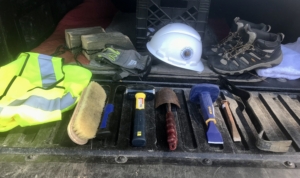
Rock Hound tools; photo Jerry Nissley
Thomas Hale, President of FMVA and our Rock Hound 101 instructor, authored the first book published under FMVA titled, ‘The Northern Virginia Trap Rock Quarries”, Primedia eLaunch LLC, July 2022. This is the first major publication on Virginia Minerals in thirty years and the book includes color photography.
Available through [email protected].


